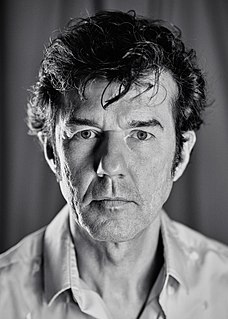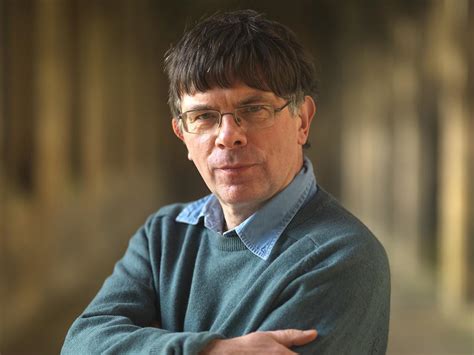A Quote by Friedrich Nietzsche
Evolution does not make happiness its goal; it aims simply at evolution and nothing else.
Related Quotes
We see not only thought as participating in evolution as an anomaly or as an epiphenomenon; but evolution as so reducible to and identifiable with a progress towards thought that the movement of our souls expresses and measures the very stages of progress of evolution itself. Man discovers that he is nothing else than evolution become conscious of itself.
Evolution is promoted by its practitioners as more than mere science. Evolution is promulgated as an ideology, a secular religion - a full-fledged alternative to Christianity, with meaning and morality. I am an ardent evolutionist and an ex-Christian, but I must admit that in this one complaint - ...and Mr. Gish is but one of many to make it - the literalists are absolutely right. Evolution is a religion. This was true of evolution in the beginning, and it is true of evolution today.
U.K. psychologist Daniel Nettle thinks of happiness as a carrot on a stick, designed by evolution to show the right way, and also designed so that we will never permanently reach it. We likely would just sit around and eat sweet and fatty foods all day, and that is simply not in the interest of evolution.
Evolution does not attempt to explain the origin of life. It is simply a history of the process of life. With the secret cause of life evolution has nothing to do. A man, therefore, may be a materialistic evolutionist or a theistic evolutionist; that is, he may believe that the cause is some single unintelligent impersonal force, or he may believe that the cause is a wise and beneficent God.








































